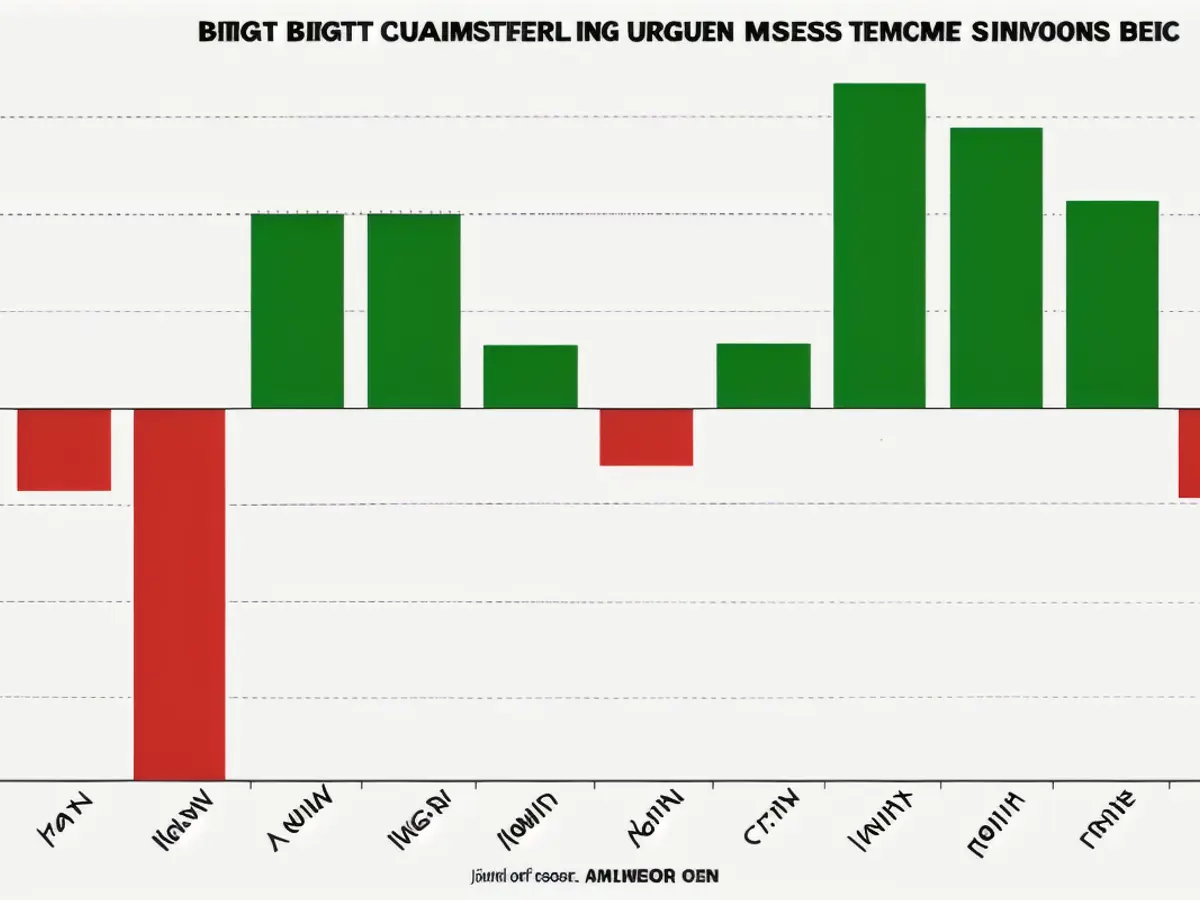Predicting Market Returns by 2025: An Analysis
Following an impressive 26% return in 2023, with only six trading days left, the S&P 500 is on its way to surpassing a 25% return for 2024. After two exceptional years in a row, investors are naturally wondering: Could 2025 be the year the rally ends? Is there a potential market collapse on the horizon, or will the good times continue?
It's a valid question. However, if you've paid attention to my previous forecasts or read my book, you're already aware of my stance: Predicting the stock market's performance with absolute certainty in a given year is futile.
However, I do have a non-specific prediction for 2025 that could help guide your investment decisions. Based on historical data, it offers a balanced perspective. But before we dive into that prediction, let's examine the market's past performance and trends.
Lessons from History: What Happens After Two Strong Years?
Since 1926, the S&P 500 has experienced two consecutive years of at least 20% returns on 11 occasions. And what was the outcome in the third year? The results varied:
• The market was positive 60% of the time, with gains reaching up to 19.75%.
• But it was also negative 40% of the time, even experiencing a dramatic -35% drop in 1937.
Here's a chart for visual reference:
Key Takeaways from the Data:
- Average Return in the Third Year: The average return in the third year was a mere 0.65%, substantially lower than the stellar performances of the previous years. However, this average can be deceptive; some years saw significant growth, while others faced substantial losses.
- Market Declines Were Rarely Severe: Apart from 1937, market downturns were generally mild (less than 10%), suggesting that crashes are not common in the year after two strong years.
- Speculative Momentum Can Persist: The Dotcom Bubble, for example, saw an incredible five consecutive years of 20%+ returns. The hype surrounding the internet contributed to this lengthy streak of exceptional returns. Today, it's artificial intelligence that's driving the market's skyrocketing returns. Will this euphoria continue? Possibly.
- Sample Size is Small: With only 11 instances occurring over 98 years, it's crucial not to over-interpret this data.
And here's an intriguing fact: That 60/40 split isn't too far removed from the market's long-term trend. Historically, the S&P 500 has been positive about 70% of the time, regardless of the year prior, who inhabited the White House, or the outcome of the Super Bowl.
My 2025 Stock Market Prediction

With these insights in mind, my prediction for 2025 is that the market will likely be up, although it might be down as well.
This prediction, while seemingly vague, has proven accurate in the past five years (since 2020), making me, no doubt, the most effective stock market predictor over that period (as funny as that sounds).
Yes, it might sound like I'm dancing around the question, but this prediction is crucial. Why? Because it's based on reality, which is more beneficial for making sound investment decisions than relying on specific but ultimately incorrect predictions.
How to Utilize This Prediction
Here's how you can turn this seemingly ambiguous forecast into actionable advice:
- Maintain Your Investments if You're Concerned. The market is likely to be up, so don't let fear of a downturn lead you to sell your investments prematurely.
- Invest Your Cash If You Have It. Given the market's historical tendency to be up most of the time, it's typically better to allow your cash to grow in the market than to leave it idle. However, if this is a once-in-a-lifetime windfall (e.g., selling a business), consider investing incrementally to minimize the risk of investing at a market peak. For more insights on this topic, check out my article What's the Best Approach: Investing a Lump Sum or Dollar-Cost Averaging?
- Prepare for the Unexpected. While the odds favor an up year, market downturns inevitably occur. Design your portfolio to withstand these challenging periods. Ensure you have enough liquidity to cover anticipated and unforeseen expenses, thereby avoiding being forced to sell assets during a downturn.
The Final Word
Attempting to forecast the stock market's next move with unwavering accuracy is a futile endeavor. History has demonstrated that patience, not predictions, is what ultimately rewards investors. Therefore, instead of fretting about 2025, focus on what you can manage:
• Remain diversified.
• Remain disciplined.
• And most importantly, remain invested.
Given the historical data, it's important to consider the possibility of a stock market bubble following two consecutive years of strong returns. While the average return in the third year is usually low, it's not uncommon for the market to experience significant growth. However, market crashes are rare in this scenario, suggesting that a 2025 stock market crash may not be likely.
As for a specific return prediction for 2025, it's challenging to provide one with absolute certainty. Based on past trends, it's more realistic to expect the market to be up, but there's always a chance it could be down as well. Therefore, investors should prepare for both possibilities by maintaining their investments, investing cash if they have it, and designing their portfolios to withstand challenging market periods.






